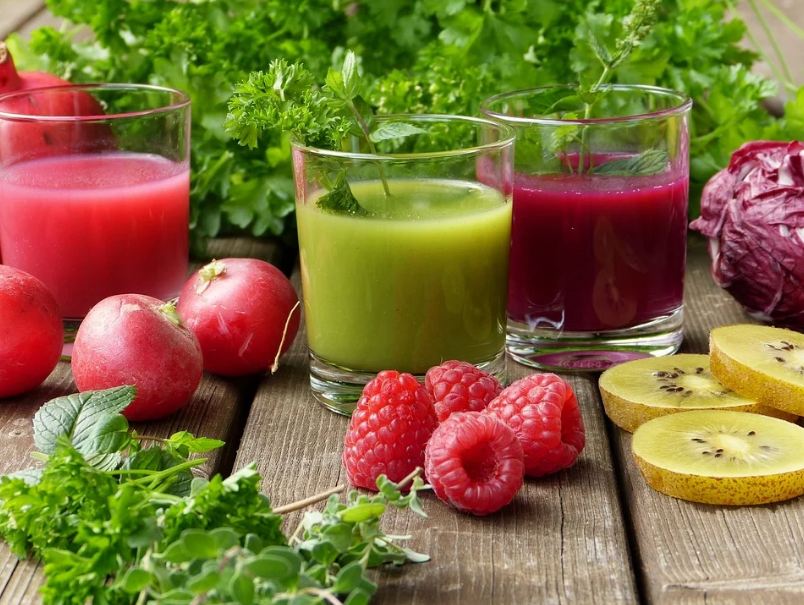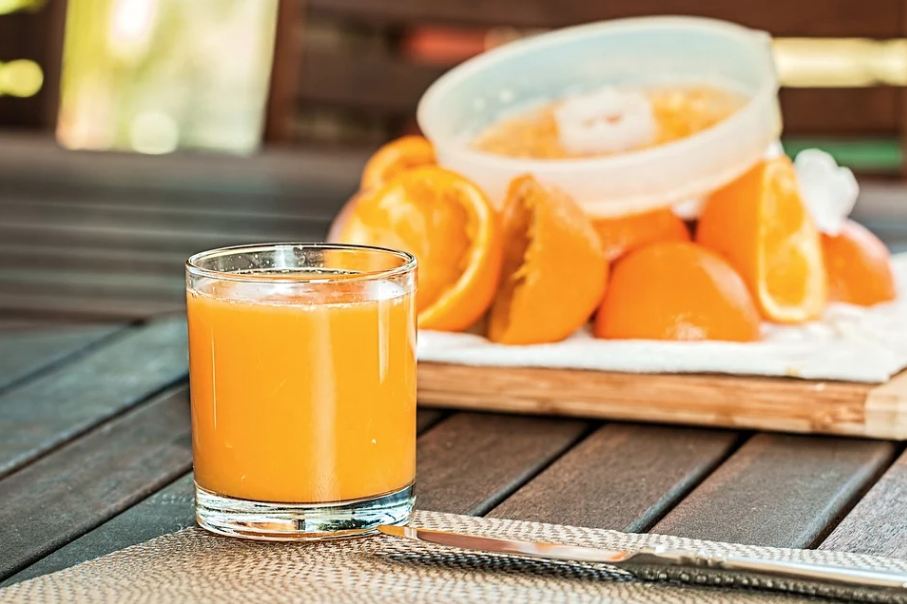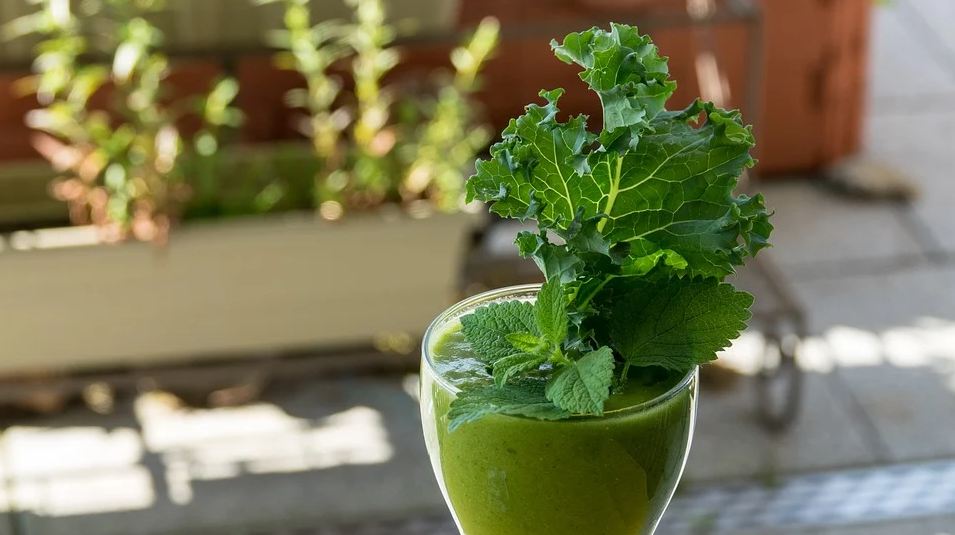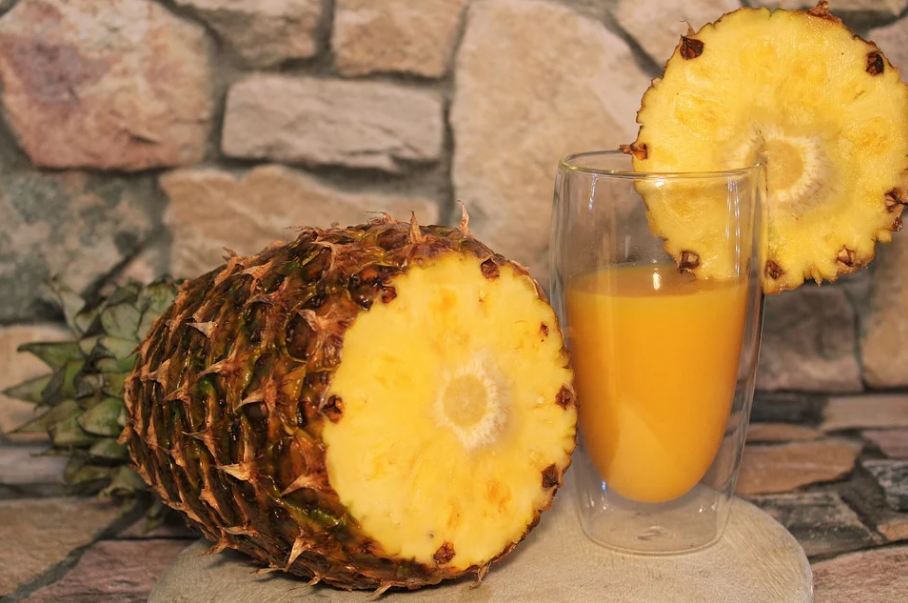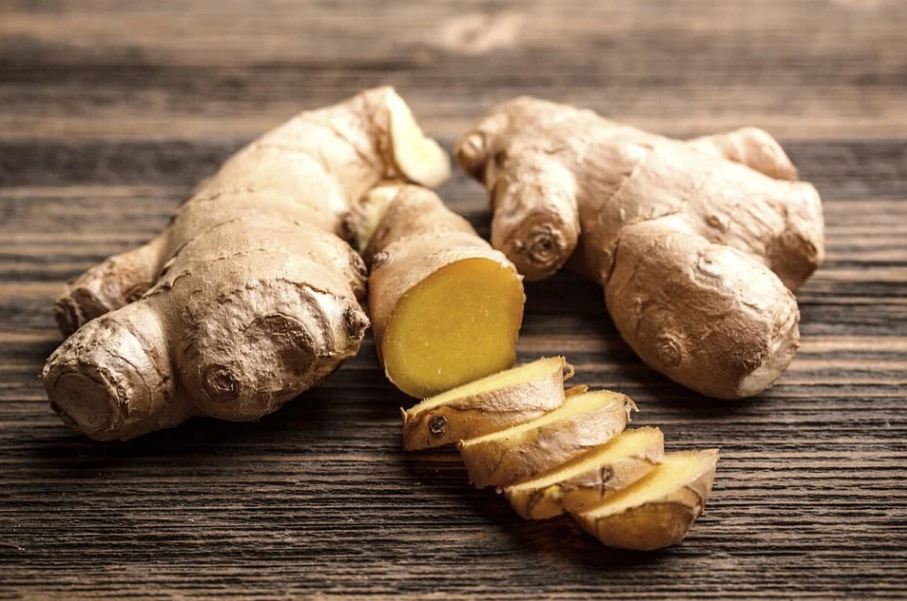Living with allergies can be debilitating. Certain foods, drugs, clothing items, pets, molds, and pollen can aggravate a person’s condition. Seasonal allergies are also common, and it just makes someone feel miserable, too.
Whatever type of allergies you might have, there should be something done to it. But you don’t want to depend yourself too much on over-the-counter medications to mitigate those terrible allergies.
There’s a natural and safe alternative to soothe the inflammation and histamine reactions. How about juicing? But if you think that juicing is one of the latest health fads, the history of juicing is, in fact, as old as humanity itself. Squeezing and pressing fruits and vegetables for their healthful juices have been practiced since several thousands of years ago. That’s why juicing is still favored by health buffs, even in the 21st century. Juicing is still one of effective and safest ways in addressing several diseases and other adverse conditions, such as allergies.
Fruits and vegetables possess certain properties known to help reduce inflammation and allergic symptoms, such as runny nose, sinusitis, sneezing, itchy and watery eyes, and rashes. By juicing fruits and vegetables, their beneficial and healthful properties are concentrated, making it easier to get a therapeutic dose from whole, raw foods.
Ease your allergies by trying these fruit and vegetable juices:
Juices rich in vitamin C
Vitamin C is an anti-inflammatory component and has been known to reduce and relieve allergy symptoms. It blocks the production of histamine by white blood cells and boosts its detoxification. Here are some of the vitamin C-rich fruits and vegetables:
- Orange – Excellent source of vitamin C.
- Lemon – Another excellent source of vitamin C.
- Bell pepper – Preferably yellow bell peppers. Green bell peppers are immature.
- Jalapeno – Jalapeno peppers contain capsaicin, which also helps reduce inflammation
- Parsley – A potent herb, parsley is best added to juice blends.
- Mustard greens – Known for their strong taste, it is best to combine it with less intensely flavored leafy greens, like spinach and kale.
- Kale – A ¼ cup of kale juice provides more than 84 mg of vitamin C.
- Kiwi – it is also rich in vitamins E, K, as well as potassium.
- Watercress – It is chockfull of vitamins and minerals.
- Broccoli – Use broccoli stems as they give a good amount of juice.
- Papaya – It is also rich in enzymes.
Juices rich in quercetin
Quercetin is a flavonoid polyphenol naturally found in many dark leafy greens, berries, and broccoli. It acts as a natural antihistamine and anti-inflammatory agent by blocking mast cells, which can trigger allergic reactions.
- Radish leaf – Did you know that radish leaves are actually edible? You can add them to your juice blend, as well.
- Arugula – Arugula is spicy, so it’s best for sweet juices for a little kick.
- Cilantro – It also has potent detoxifying properties.
- Red leaf lettuce – It is nutritious and has a mild flavor.
- Apple – the quercetin content in apple comes from its peel.
- Watercress
- Kale
Bromelain
Bromelain is an enzyme that reduces inflammation. It is commonly found in pineapples. It is good especially for people having a runny nose and sinus congestion. Most of the bromelain is found in the pineapple’s stem or core. But since most people don’t eat the stem, juicing it is the best way to consume bromelain and get its wonderful benefits in reducing allergic symptoms.
Ginger – the natural anti-inflammatory drug
Ginger is known to reduce swelling. It also helps loosen and break up mucus. While you can eat or chew it raw, you can also prepare juices from it.
Here are the three juice blends to fight allergies:
- Orange-raw honey-ginger-lemon juice – Aside from being a natural sweetener, honey is rich in propolis, which is essentially the beehive’s immune system. It has natural antiseptic, antioxidant, anti-bacterial, anti-fungal, anti-inflammatory, and even anti-carcinogenic properties!
- Parsley-cucumber-green apple-mint – Your next favorite green juice! However, you can omit cucumber if you’re allergic to it.
- Apple-pineapple-kale – This juice gives you plenty of good things in a glass – vitamin B and C, bromelain, fiber, and quercetin.

